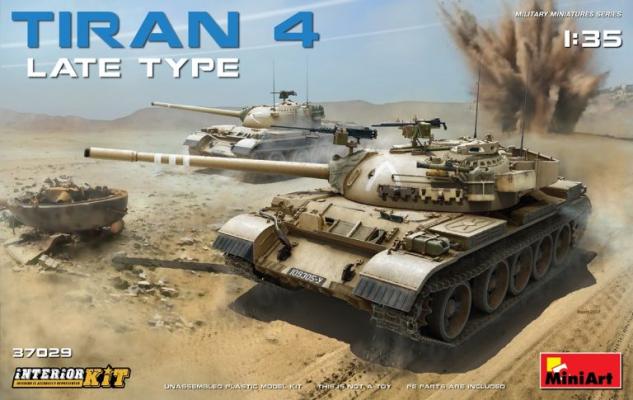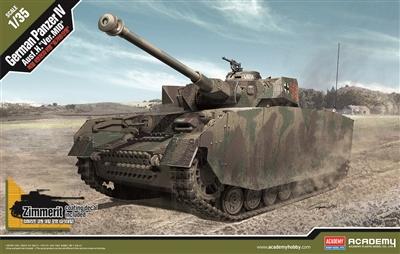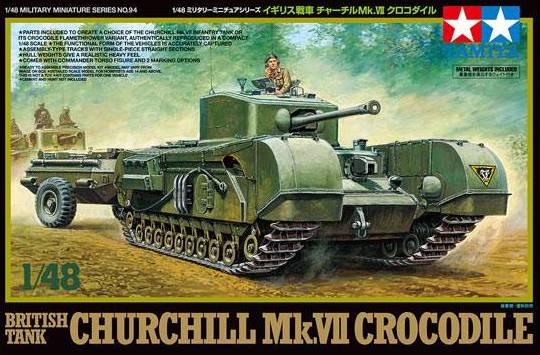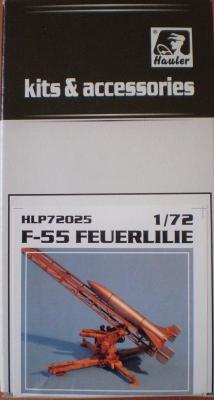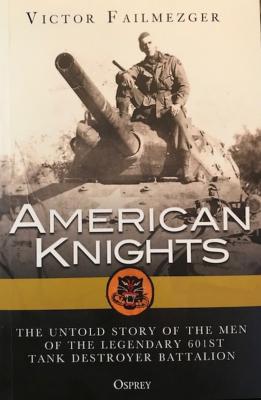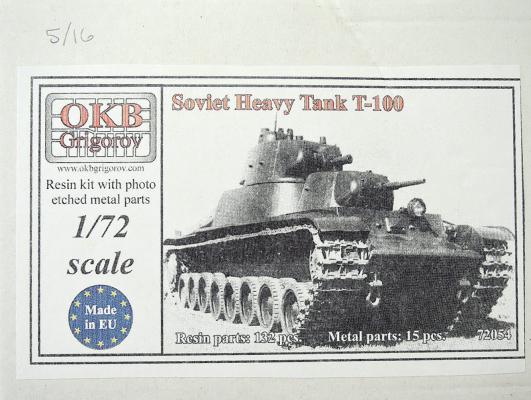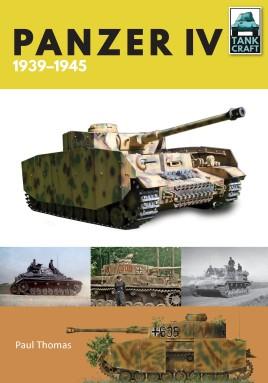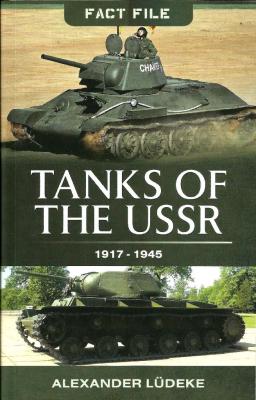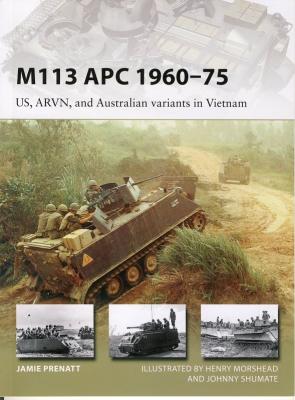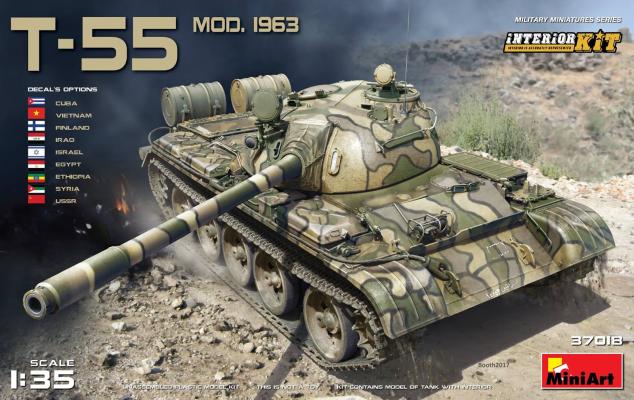Background
The most important Soviet tank design of the early post WW2 period was the T-54/T-55 series of tanks, and these tanks were exported in large numbers to Soviet client states including Syria and Egypt. The 1967 and 1973 Arab/Israeli wars were disastrous for the combined Arab armies, and Israeli forces captured hundreds of intact examples of the T-54/55 tanks. Not wishing to look a gift horse in the mouth, the Israeli military developed a procurement program designed to put these captured tanks back into Israeli service. Over the years the Israeli Defense Forces (IDF) fielded the Tiran 1, 2, 4 and 5. The Tiran 1 was an unmodified T-54, and the Tiran 2 was an unmodified T-55. The Tiran 4 was a modified T-54 with new jerry can and stowage boxes added to the exterior of the vehicle, as well as a change to the loader’s hatch, and the addition of turret mounted exterior machineguns. The Tiran 5 was the same modification program as the Tiran 4, but for the T-55 tank.

